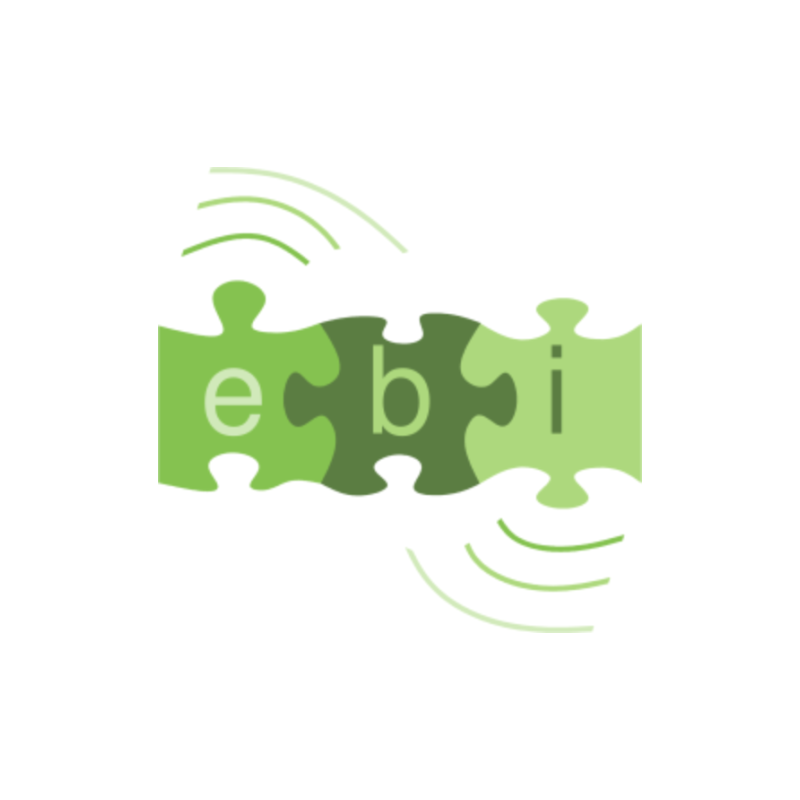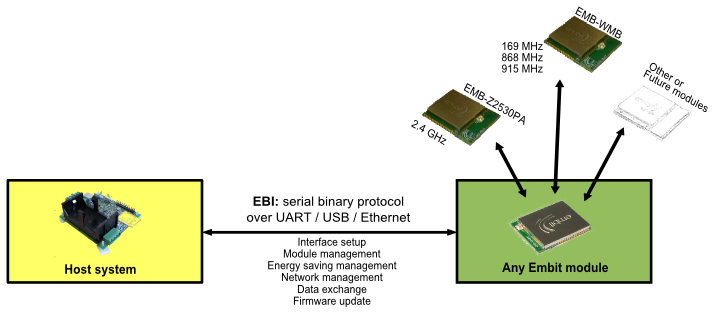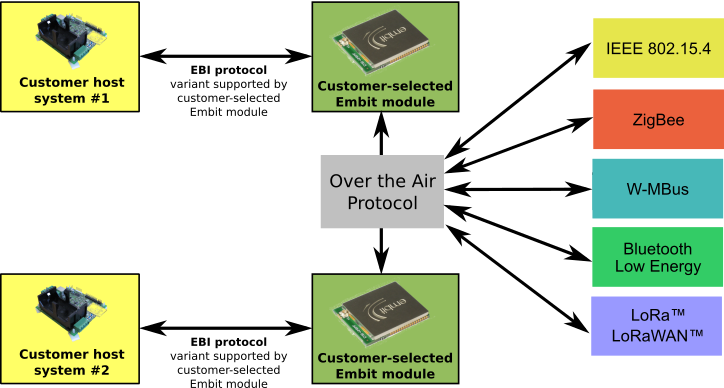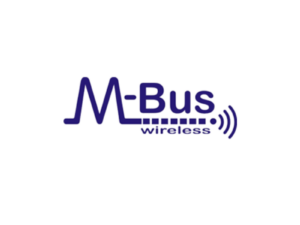Supported Modules
Features
Over-the-air Protocols
Specifications
Software support
Many software tools have been developed by Embit to allow customers to get started quickly with EBI. Currently, such tools are provided in Embit evaluation kits. Additionally, both C++, C# and Python implementations of the EBI protocol are available to easily get started with development on the “host-side”:
| Programming language |
Download link | Documentation link | Notes |
| C++ | NA | NA | Please contact Embit for more details |
| C# | NA | NA | Please contact Embit for more details |
| Python | NA | NA | Please contact Embit for more details |
Related Products
All Embit wireless modules are normally shipped programmed with EBI, to allow new costomers to easily get started with Embit modules. Additionally all Embit evaluation kits ship with CDROMs including documentation that helps getting started with EBI.




